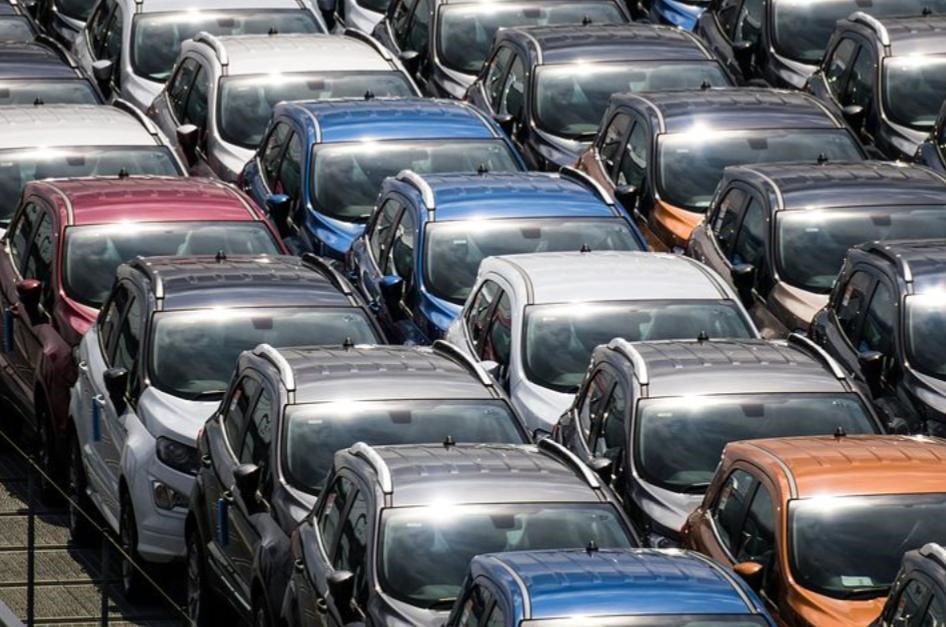Africa is a fast developing country. In early 2021 the UN estimated that its population is one billion three hundred eighty million, which will grow to two billion five hundred million by 2050. It is also the smallest continent in the world. Tanzania is also one of these countries in fast developing
Many people are entering the workforce- driving the growth of the emerging middle class. The numbers of young people and raising revenue and purchasing power provide opportunities for the continental automotive industry. In addition, rich consumers will look for more convenient and environmentally friendly transportation and willingly pay for after-sales services.
Additionally, due to the Covid crisis, Africa’s economic growth faced many challenges, like insufficient production capacity, infrastructure needs, etc. According to the African Union, only sixteen percent of African goods were sold. The launch of the African Continental Free Trade Agreement provided opportunities for the free movement of goods and people. It has the potential to reshape economies and markets and raise the growth of many African countries. It also aims to unlock the market power behind continental vehicles.
The car industry is a market for changing car parts, tools, etc., after the car has been sold to a consumer- including repair services. Today, almost sixty million active vehicles are on the continent, with more than thirty billion Euros market capitalization. So, Africa has the same needs as matured markets like Europe. Like:
● Economic parts -supporting vehicle maintenance.
● Technical skills to understand the complexity of vehicle construction.
● Certified workshops for all types of services.
● Availability of diagnostic tools.
● Need of distribution networks in all areas.
● Availability of sufficient vehicle data.
These requirements should be supported by authorized national laws and policies for promoting the potential auto market.
Resolving the obstacles
The automotive industry is important in African countries, playing a significant role in building the economy. However, the industry is facing some obstacles, too, following are some of the obstacles:
● Fake or third-class backup parts.
● Low quality of spare parts manufacturing
● Lack of mechanism.
● A complex distribution network.
● Lack of transparency
● Less reliable workshops.
● Difficult trade barriers are affecting imports.
With these obstacles, there are several opportunities too, which are needed for quality, affordable spare parts of vehicles, and car services are slowly increasing because of the rapid growth of cities. The rising demand justifies the need for local automotive parts to keep them competitive. Additionally, sustainable trends, such as e-commerce, electronics, etc., could be a game-changer in African vehicle’s aftermarket.
Making the way in Africa
Bosch, founded in Stuttgart in 1886- a workshop for machinery and electrical engineering, opened its 1st automotive service in Hamburg in 1921. Bosch Automotive Aftermarket organization is the world's largest independent workplace. The workshop has been in Africa since 1951-now located in six countries, with teams operating in more than 40 African countries. The business aims to trade spare parts, diagnostic support, and deployment of technical training centers.
Bosch has made significant strides in Africa to address the industry's challenges. As a result, it has enhanced the automotive growth of the continent and has significant potential too.





